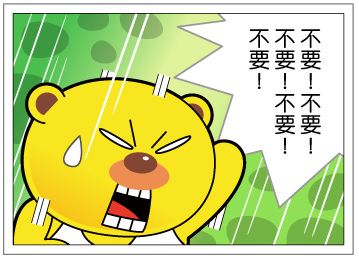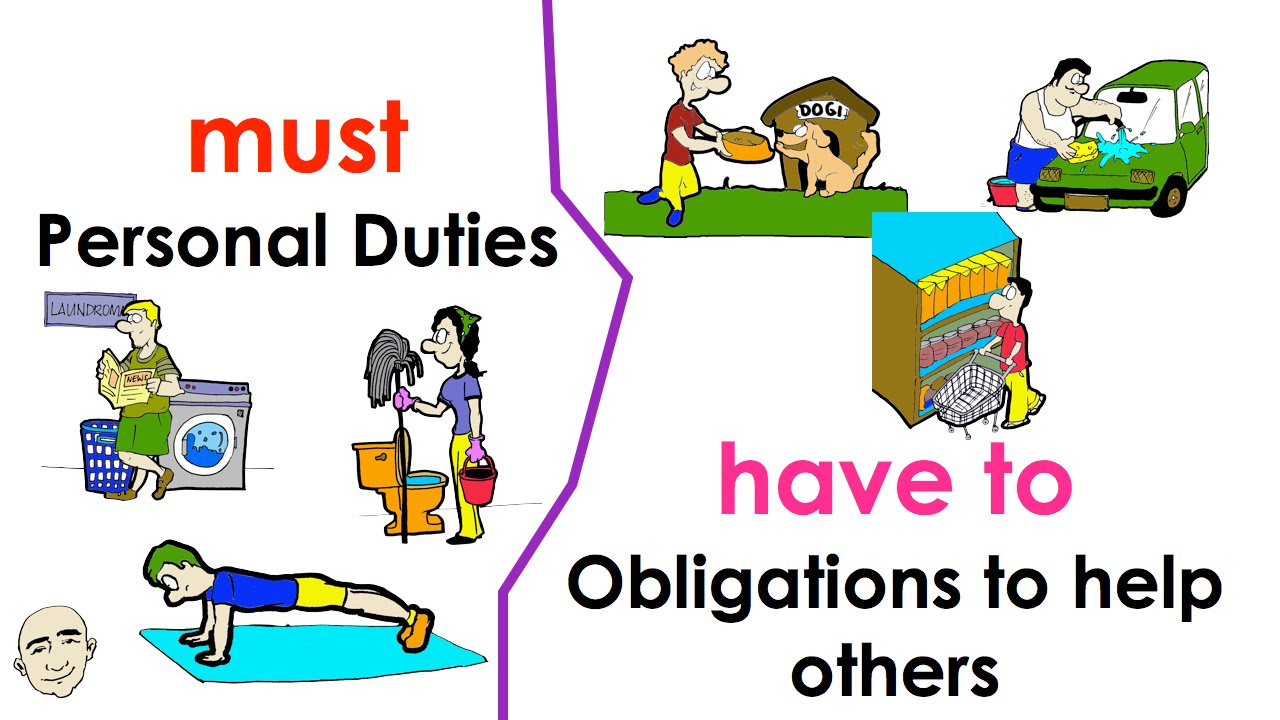Synonyms
這兩個意思一樣嗎?(Zhè liǎng ge cí yìsi yíyàng ma?)
Do these two words have the same meaning?
1.沒關係(méi guānxī) and 沒事 (méi shì)
沒關係 never mind, it doesn't matter
沒事 nothing to do, unemployed, no accidents, all right (you don’t need to worry about that)
These two words are the same meaning in China, but different in Taiwan. Taiwanese say 沒事 means that they are no accidents, you don’t need to worry about that.
1.
A:對不起!
A:Duìbuqǐ!
B:沒關係!(CHINA沒關係,沒事)
B:Méi guānxī ! ( CHINA méi guānxi, méishìr)
2.
A:你怎麼了?
A: Nǐ zěnme ?
B:我沒事。
B: Wǒ méi shì
3.
A:你沒事吧?
A: Nǐ méi shì ba
B:沒事。
B: Méi shì
4.
我這個週末沒事,可以跟你去玩。(CHINA)
Wǒ zhège zhōumò méi shì, kěyǐ gēn nǐ qù wán.
我這個週末有空,可以跟你去玩。(TAIWAN)
Wǒ zhège zhōumò yǒu kòng, kěyǐ gēn nǐ qù wán.
2.不必(búbì) and 不要(búyào)
不必means: not
nessesary to do that, 不用(búyòng) has the same meaning with 不必 , but it is usually used in spoken more
than不必 which is often used in formal situation and written language.
1.
我家離學校很近,可以走路去學校,不用(不必)做公車。
Wǒjiā lí xuéxiào hěn jìn, kěyǐ zǒulù qù xuéxiào, bú yòng (búbì) zuò
gōngchē.
2.
醫生說我的病不用(不必)吃藥,在家休息幾天就好了。
Yīshēng shuō wǒ de bìng búyòng (búbì) chī yào, zàijiā xiūxí jǐ tiān jiù
hǎole.
3.
第八課我已經學了,你不用(不必)再教我了。
Dì bā kè wǒ yǐjīng xuéle, nǐ búyòng (búbì) zài jiào wǒle.
4.
沒關係啊,你生病了就在家休息吧,不用(不必)來教我中文。等你的病好了我們再學。
Méiguānxi a, nǐ shēngbìngle jiù zàijiā xiūxí ba, búyòng (búbì) lái jiāo wǒ
zhōngwén. Děng nǐ de bìng hǎole wǒmen zài xué.
不要 means: don’t, or
don’t want,no
1.
不要!
Búyào!
2.
不要哭!
Búyào kū!
3.
我的中文說得不太好,請你不要笑我。
Wǒ de zhōngwén shuō de bú tài hǎo, qǐng nǐ búyào xiào wǒ.
4.
那個很貴又(and, also)不好吃,你不要買。
Nàge hěn guì yòu(and, also) bù hǎochī, nǐ búyào mǎi.
5.
你不要亂來。
Nǐ búyào luàn lái (亂來:act recklessly; unruly).
3.要(yào) and 得(děi)
要 has many meanings: to want / to ask for /
will / going to (as future auxiliary) / may / must…. , but the negative form 不要 usually means “don’t”
and “don’t want”
1.
我要喝咖啡,要牛奶,不要糖。
Wǒ yào hē kāfēi, yào niúnǎi, búyào táng.
2.
你要早一點休息。
Nǐ yào zǎo yìdiǎn xiūxí.
3.
我明天要去台北。
Wǒ míngtiān yào qù Táiběi.
4.
買汽車要很多錢。
Mǎi qìchē yào hěnduō qián.
5.
想學好中文,就要努力學漢字。
Xiǎng xuéhǎo zhōngwén, jiù yào nǔlì xué hànzì.
1.
九點了,我得回家。( It’s nine o’clock now, I have to go home. )
Jiǔ diǎn le ,wǒ děi
huí jiā.
2.
九點了,我要回家了。( It’s nine o’clock now, I am going to go
home.)
Jiǔ diǎn le , wǒ yào huí jiā le .
3.
你要(得)早一點休息。( You must go
to bed early. )
Nǐ yào zǎo(děi) yìdiǎn xiūxí.
Try to tell the differences between these two
sentences:
A:
他的女朋友是巴西人,所以他得學葡萄牙文。
Tā de nǚpéngyǒu shì
Bāxīrén, suǒyǐ tā děi xué pútáoyáwén.
B:
他的女朋友是巴西人,所以他要學葡萄牙文。
Tā de nǚpéngyǒu shì
Bāxīrén, suǒyǐ tā yào xué pútáoyáwén.
How about 我要學中文。 And 我得學中文。?
4.也許(yě xǔ ) and可能(kě néng)
也許and可能 have the same meaning when they are adverb, 可能is more uasally
used in spoken language than 也許。However 可能 can be a noun, an adjective and 也許 can not.
1.
我明天也許(可能)不來。
Wǒ míngtiān yěxǔ (kěnéng) bù lái.
2.
我覺得不舒服,可能(也許)感冒了。
Wǒ juéde bù shūfú, kěnéng (yěxǔ) gǎnmào le.
3.
不可能!(不也許 Wrong sentence )
Bù kěnéng !
4.
有可能!(有也許Wrong sentence )
Yǒu kěnéng!
5.
今天星期天,他很可能不在宿舍。
Jīntiān xīngqítiān ,tā hěn kěnéng bú zài sùshè.




